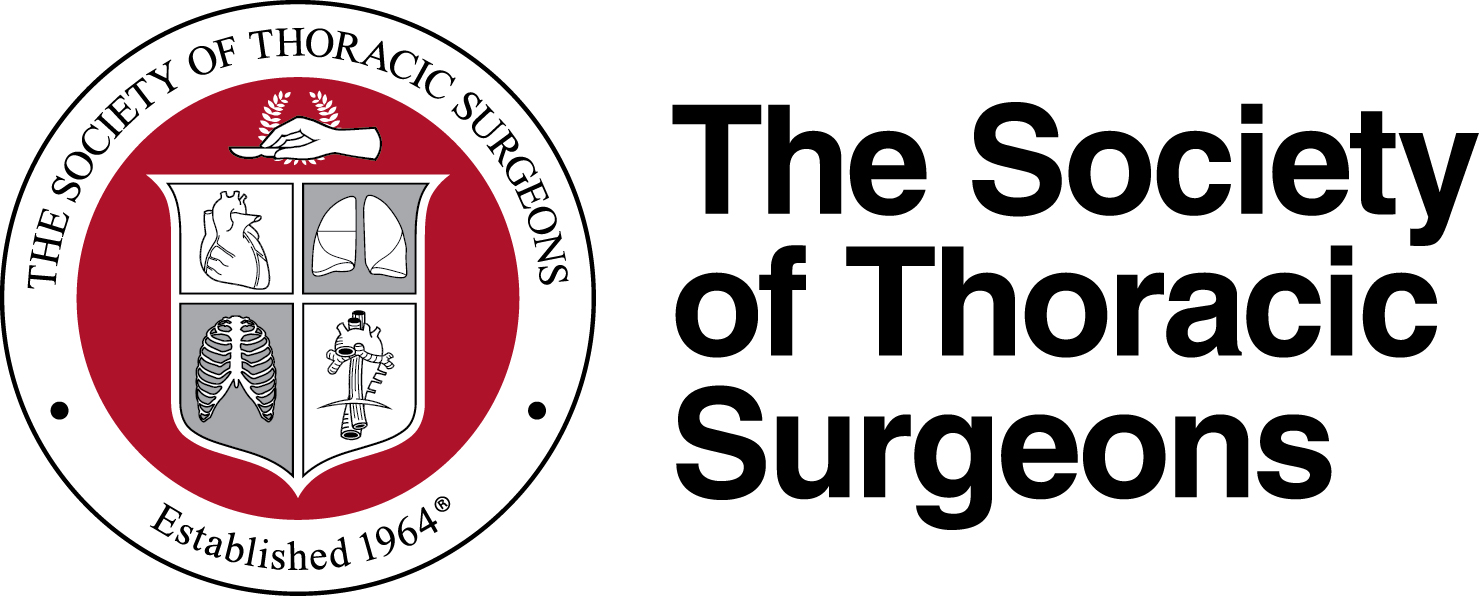Newswise — CHICAGO—Despite the significant challenges associated with a career in cardiothoracic surgery, heart and lung surgeons report a very high level of job satisfaction, according to a survey published today in The Annals of Thoracic Surgery.
“Cardiothoracic surgeons love their jobs,” said John S. Ikonomidis, MD, PhD, from the Medical University of South Carolina, Charleston. “This translates into a better doctor-patient experience.”
The Society of Thoracic Surgeons administered a 63-question cardiothoracic surgery workforce survey to more than 4,300 Active and Senior Members to establish a current, detailed profile of the specialty. STS has administered this type of survey approximately every 5 years since the early 1970s. For the most recent survey, 1,262 surgeons participated, resulting in a 29.1% response rate.
The survey showed that 73% of practicing cardiothoracic surgeons are either satisfied, very satisfied, or extremely satisfied with their current career; so much so, that almost 50% would recommend that their children or grandchildren pursue a career in cardiothoracic surgery. In addition, some surgeons reported that they have postponed retirement because of a “high level of career satisfaction.”
“Cardiothoracic surgery is a fast-paced, highly technical, very satisfying specialty that should appeal to almost anyone,” said Dr. Ikonomidis. “The best things about being a cardiothoracic surgeon are the patients, the operative cases, teaching opportunities, and the exciting research directions we are taking.”
Considering that heart disease is the leading cause of death for men and women and that there are more than 430 lung cancer deaths each day in the US, cardiothoracic surgeons are undoubtedly essential to the future of health in America. However, the survey showed that the challenges of cardiothoracic surgery (length of training, educational debt, work-life balance, scope of practice, etc.) still exist, and sometimes discourage surgeons in training from choosing cardiothoracic surgery as a specialty.
The survey revealed a mean of 8.7 years of residency training after medical school, an average cumulative educational debt of $62,815, and a workweek of at least 61 hours for a majority of respondents (68.7%). The survey also showed that many surgeons are adapting to changes in the specialty by developing skills in ultra-specialized procedures, such as robotic valve surgery and endovascular aneurysm repair, as well as embracing new technologies in order to remain competitive.
“Surgeons have responded to this pressure by working harder, learning new skillsets and procedures, and incorporating new technologies in order to expand and prepare the future generation of cardiothoracic surgeons,” said Dr. Ikonomidis. “We are evolving to make sure that our specialty will be highly relevant and represented in the future.”
Although more women make up the cardiothoracic workforce than ever before, women are still underrepresented in the specialty. Only about 5% of practicing cardiothoracic surgeons are women, according to the Association of American Medical Colleges.
“There will always be a significant need for cardiothoracic surgery,” said Dr. Ikonomidis. “I believe the future is bright, more medical students—especially women—should consider the specialty, and patients can expect their cardiothoracic surgeons to be highly dedicated with diverse skillsets.”
###
Ikonomidis, J. STS Thoracic Surgery Practice and Access Task Force—2014 Workforce Report. Ann Thoracic Surg 2016; DOI: 10.1016/j.athoracsur.2016.08.020.
Note: No authors reported disclosures.
Find comprehensive medical information presented for patients by leading experts in cardiothoracic surgery at the STS Patient Website (ctsurgerypatients.org). For a copy of The Annals article, contact Jennifer Bagley at 312-202-5865 or [email protected].
Founded in 1964, The Society of Thoracic Surgeons is a not-for-profit organization representing more than 7,300 cardiothoracic surgeons, researchers, and allied health care professionals worldwide who are dedicated to ensuring the best possible outcomes for surgeries of the heart, lung, and esophagus, as well as other surgical procedures within the chest. The Society’s mission is to enhance the ability of cardiothoracic surgeons to provide the highest quality patient care through education, research, and advocacy.
The Annals of Thoracic Surgery is the official journal of STS and the Southern Thoracic Surgical Association. It has a 5-year impact factor of 3.433.
Journal Link: Ann Thoracic Surg 2016; DOI: 10.1016/j.athoracsur.2016.08.020
